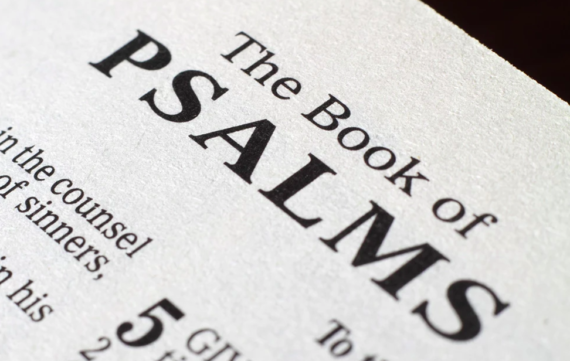Let us begin by noticing the two-fold basis for this prayer.
Innocence
The innocence of the one offering the prayer is one basis. He states his innocence repeatedly. In verse 1 he says, “Hear a just cause, O Lord; attend to my cry! Give ear to my prayer from lips free of deceit!” In verse 3 he claims innocence again, “You have tried my heart, you have visited me by night, you have tested me, and you will find nothing; I have purposed that my mouth will not transgress.” And again in verse 5 he seems to claim innocence, “My steps have held fast to your paths; my feet have not slipped.”
Perhaps we should not take this as a claim of absolute innocence, but of innocence in regard to the matter (or accusation) at hand. For if these claims of innocence are taken as being absolute, the claims would be in conflict with many scriptures (Ps 14:1-3; 143:2; Rom 3:23).
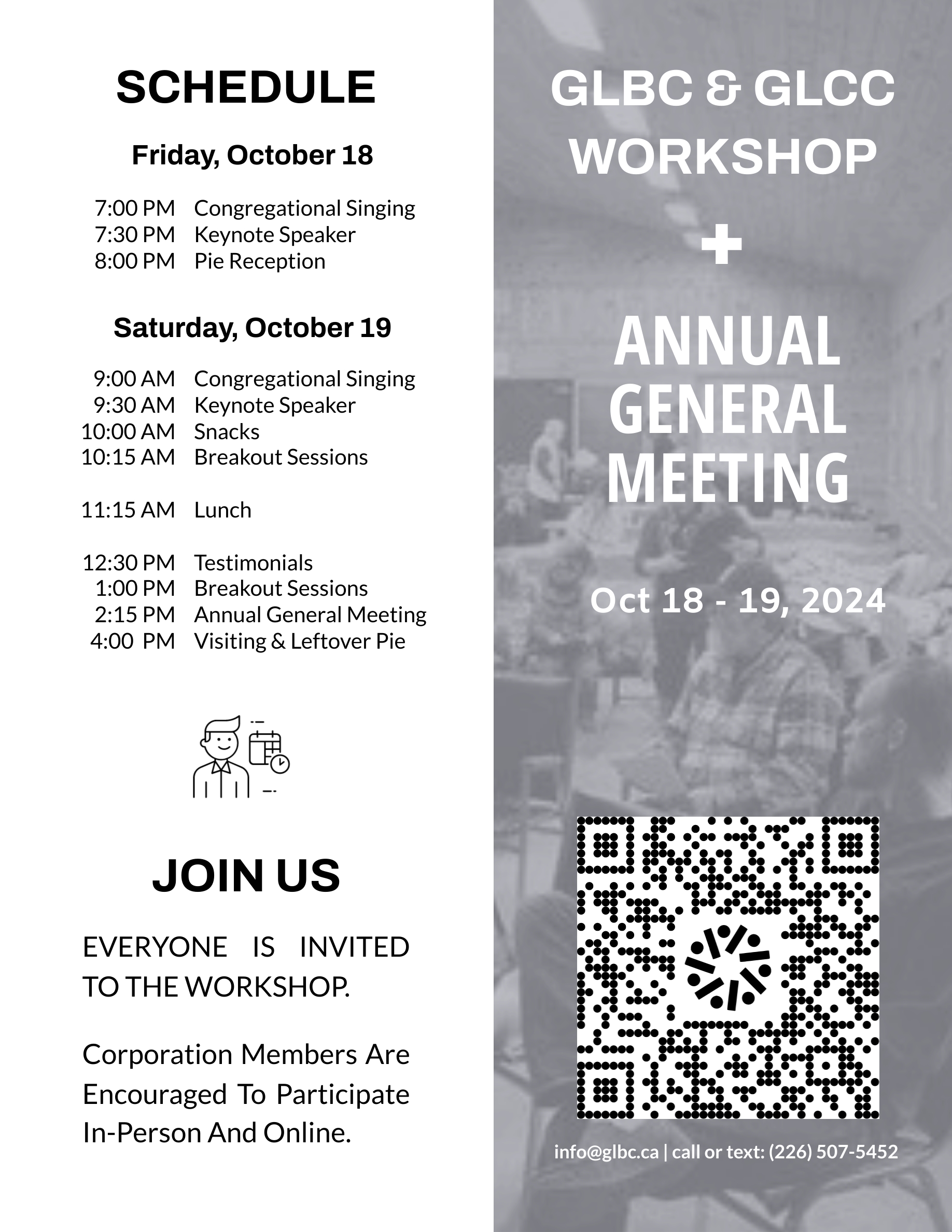

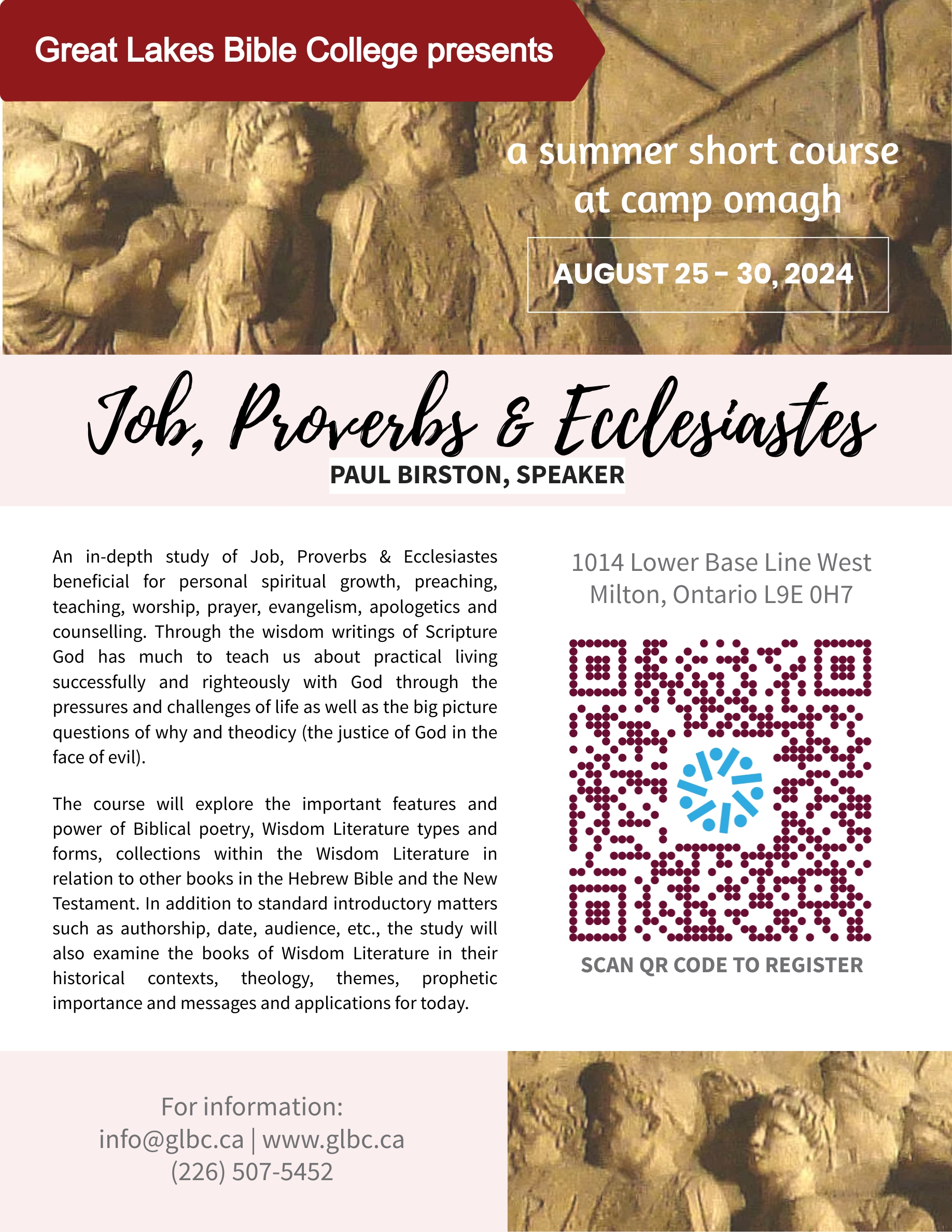

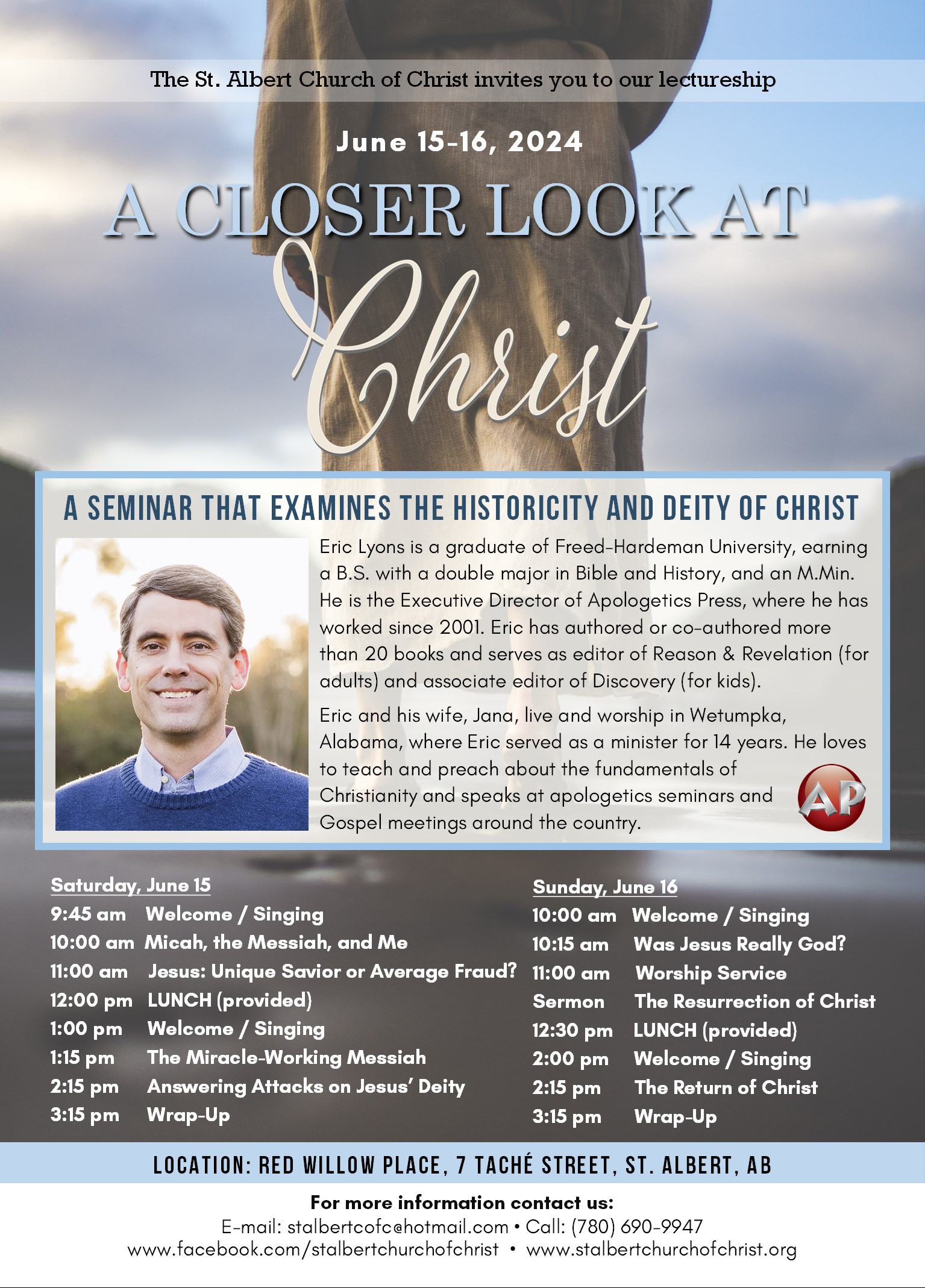

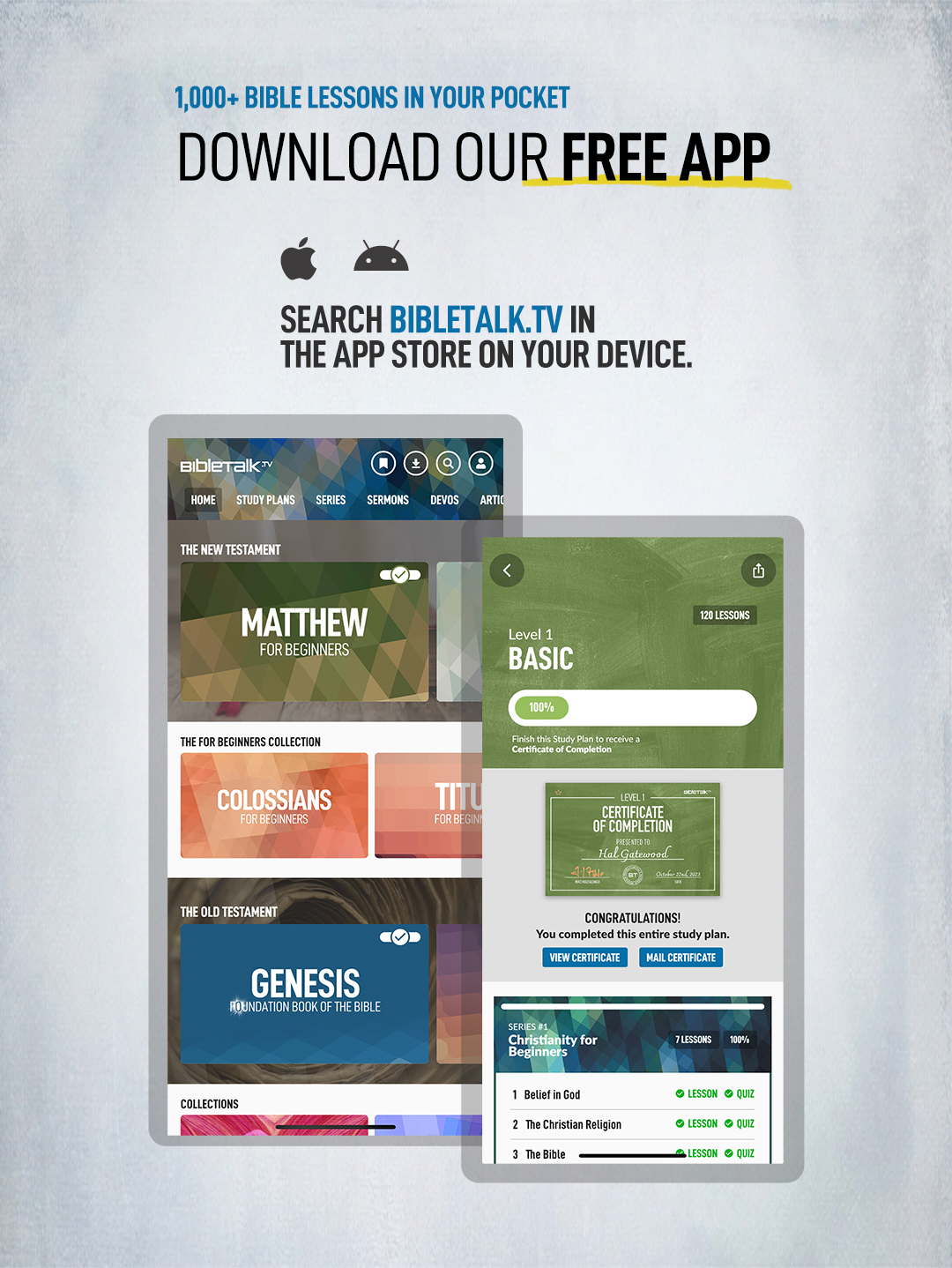






Those who claim absolute innocence are never acceptable to God. Like the Pharisee who bragged on himself when praying (Lk 18:9ff), or the rich young man who claimed to have kept all the commandments since childhood (Lk 18:18ff), the arrogant always leave the presence of God unjustified. The writer of this psalm does not seem inclined to sing “I did it my way.” Instead he says, “…By the word of your lips I have avoided the ways of the violent” (4).
We must be especially careful of going to God with a request for deliverance when the fault lies at least partly with us, which it so often does. We can still go to God with such a request, but we must confess our guilt. But in this case, in regard to the matter at hand, the writer is innocent. He requests deliverance partly on that basis.
Covenant love
The covenant love of God is the other basis for the prayer. The writer stands inside the covenant community. God is saviour not just of this one individual but of “those who seek refuge…at his right hand” (7). Perhaps to emphasize the communal rather than individual nature of the covenant, terminology from past occasions when God delivered his people is used. “The apple of your eye” (v 8) is drawn from Deuteronomy 32:10. “Hide me in the shadow of your wings” may look back to Ruth 2:12.
This is a healthy reminder for us. Christians of the Western world tend to adopt the overly individualistic approach of the surrounding culture. We cannot claim some individual right to God’s attention. God has delivered a people, not just me. We should willingly stand with that people. The extreme individualism of Western life tempts us to pridefully set ourselves apart. It leaves us rootless and unconnected with others who also belong to God. Such hyper-individualism is unbiblical and selfish (or at least self-centred). It is a mistake to approach our relationship with God on such a hyper-personal basis.
Goal
The goal of this prayer is not personal deliverance alone, but the glory of God. The desire is that the faithfulness of God to his covenant love might be “wondrously shown.” (7)
The end goal for this writer, and for us, is not gates of pearl and streets of gold but God himself — to see his face and be satisfied with his likeness. “As for me, I shall behold your face in righteousness; when I awake, I shall be satisfied with your likeness”(15).
All too often, it is to be feared, our prayers are self-centred. We need to rely on God’s word, rather than our own thoughts, to deliver our souls from sin. It is by holding fast to his path that our feet will tread securely (5). We need to stand more clearly within the covenant community as we pray. We need to be more concerned that God’s will be done, and his glory revealed in his answers to our prayers. We need to be less concerned that we get the desires of our imperfect and easily deceived hearts.
Let us close with a quote from Sinclair Ferguson’s A Heart for God.
The goal is God Himself
Not joy, Nor peace;
Not even blessing,
But himself, my God.
‘Tis His to lead me there,
Not mine, but His-
At any cost, dear Lord,
By any road.

